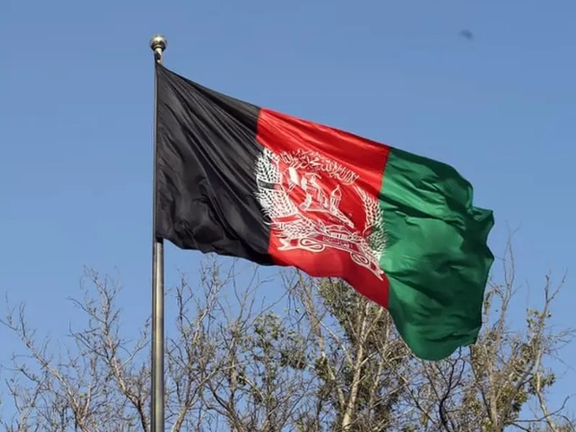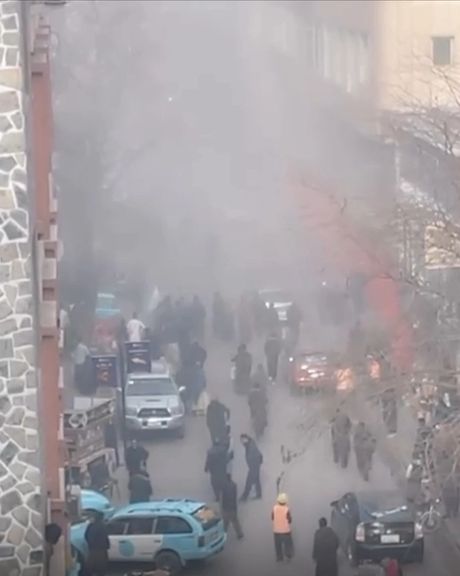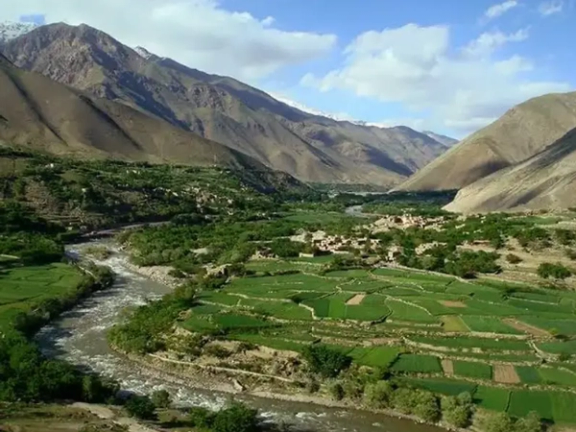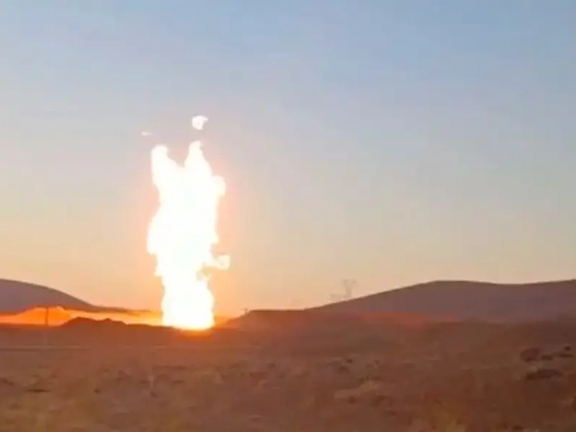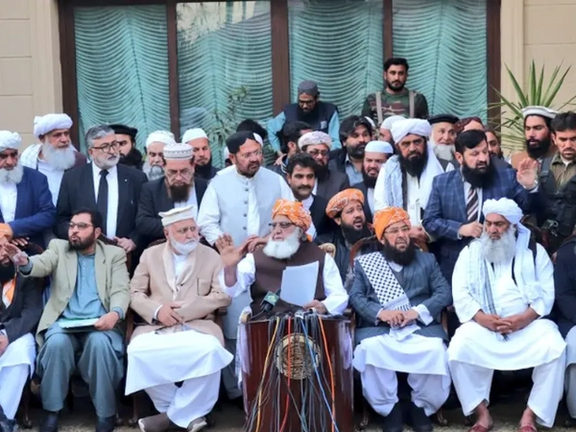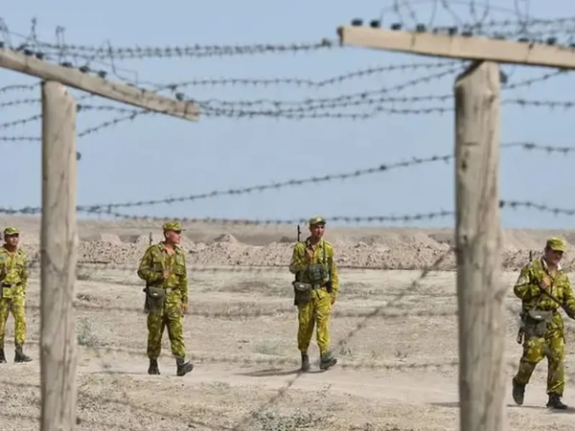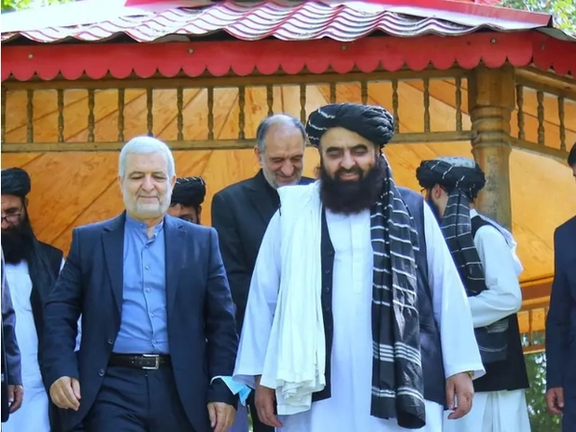Two significant explosions were reported around 1:30am on Wednesday in the Chaharmahal and Bakhtiari and Fars provinces.
The blasts occurred at Halvaei Pass in Borujen, Chaharmahal and Bakhtiari province, and Tang-e Ghaderabad in Khorrambid, located in Safashahr, Fars province.
No other details about the Salafi group's identity have been disclosed by Iran International.
Media reports and official statements in Iran highlight that the explosions led to the disruption of gas supply to dozens of villages, with gas distribution to state offices and industries being limited in both provinces.
Information obtained by Iran International suggests that the gas transmission line explosions were a result of deliberate sabotage.
Following the incidents, a notice from the Isfahan Gas Company informed Isfahan residents of an imminent nationwide gas outage, with an unspecified restoration time. The notice also recommended that people should stock up on food, water, and heating supplies.
Subsequently, a clarification message discredited the initial notice, reassuring residents that the gas supply and distribution faced no specific issues.
The CEO of the Isfahan Gas Company later declared the circulated outage notice to be a forgery during an interview.
Sa’id Agheli, director of Iran's Gas Network Operation Centre, characterised the explosions as "terrorist sabotage acts”.
As reported by Fars News Agency, the targeted pipeline is a critical conduit for natural gas from the Persian Gulf refineries to major cities like Tehran, Isfahan, and Mashhad.
The aftermath of the explosions included prolonged road closures near the sites and caused residents of adjacent villages to spend hours outdoors in fear.
The blasts were so powerful that the sound and the flames could be observed up to a 60-kilometre radius, leaving dozens of villages without gas supply.
